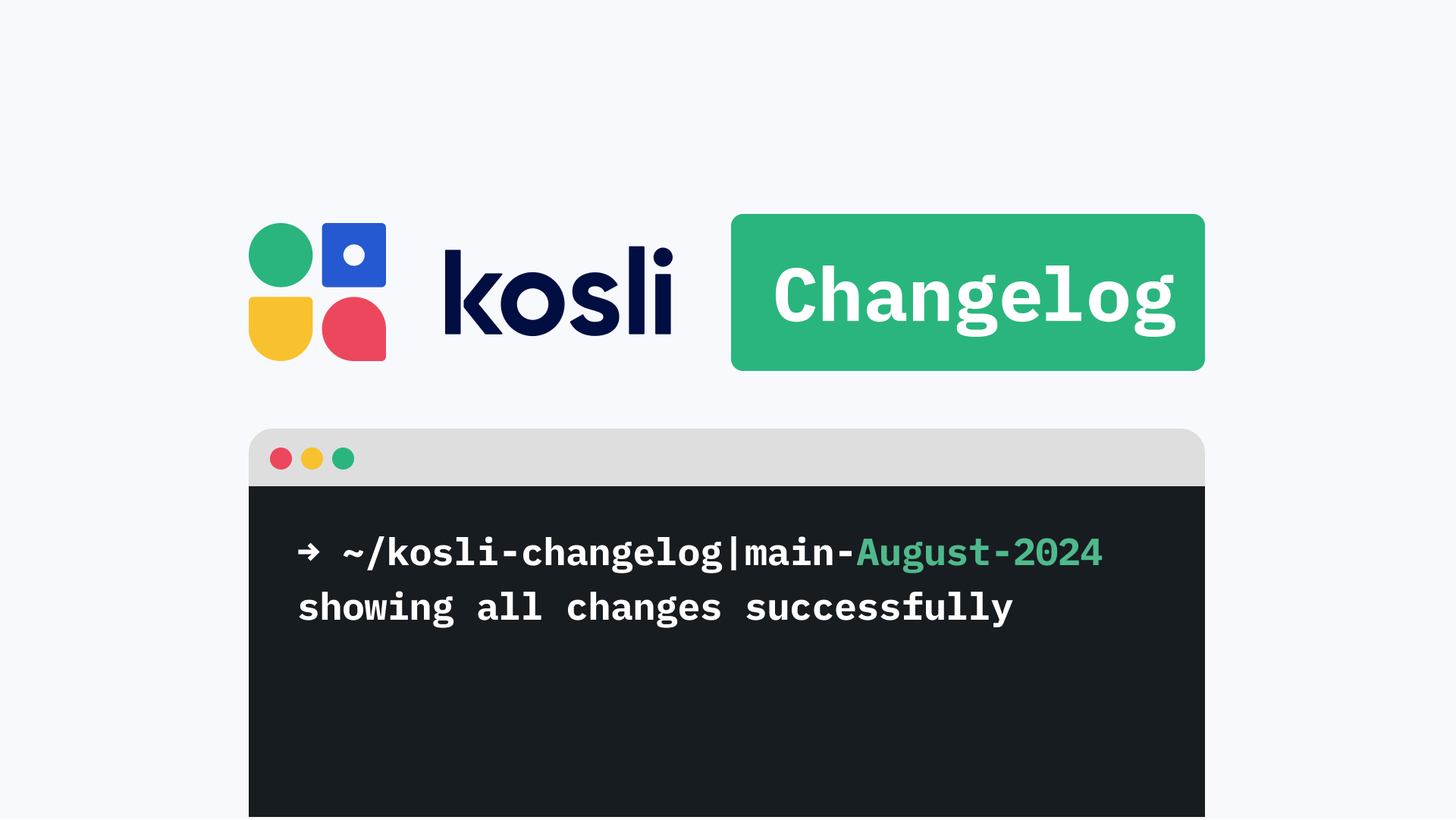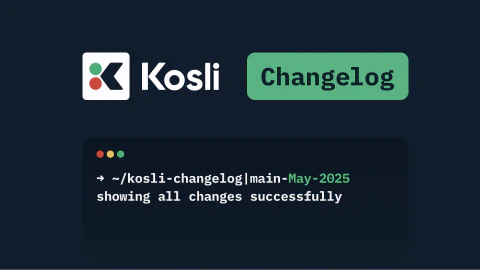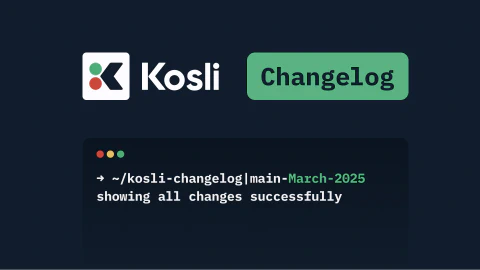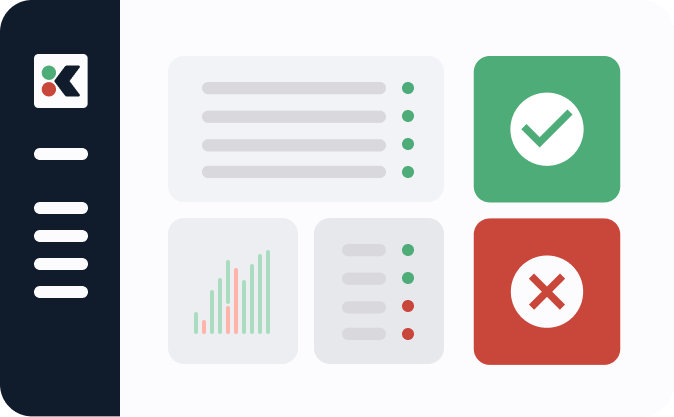This month we are happy to announce that the logical environments feature is now live! This has been a big project for the team and we’re delighted to deliver it this month. Logical environments will enable you to group environments of different types so you can have a picture of what’s really happening in “Production” - or any other grouping you choose to make.
Another neat edition is the ability to auto-create the flow and trail in attest commands. We have more big updates coming down the pipe in the shape of Policies and UX/UI updates to improve in-app navigation and discoverability in the snapshots and log page. But until then enjoy these new editions.
Auto-create flow and trail for all attest commands
All attest commands specify the target Flow and Trail (either via flags or environment-variables). Until now the named Flow and Trail had to already exist; the Flow via a previous kosli-create-flow command and the Trail via a previous kosli-begin-trail command. To speed up onboarding (and experimentation), and to reduce unnecessary duplication, an attestation can now be made against a Flow and Trail that do not already exist. In this case the Flow and/or Trail will be automatically set up, but there will be no template yaml file specifying overall compliance. The compliance of any attested Artifact will depend only on the compliance of the attestations actually made and never because a specific attestation is missing.
Defaulting some CLI flags in Jenkins workflows
Starting from CLI v2.10.11, some flags will get default values automatically when you run Kosli CLI in a Jenkins workflow. The flags are “git-commit”, “commit-url”, and “build-url”.
Logical environments
Logical environments are a way to group your Kosli environments so you can view all changes happening in your group in the same place. For example, if what you consider to be “Production” is a combination of a Kubernetes cluster, an S3 bucket, and a configuration file, you can combine the reports sent to these Kosli environments into a “Production” logical environment.
To create a new logical environment, add a new environment in the Kosli app, choose “logical” as a type, and choose which environments should be in the group.
The new logical environment will appear in your list of environments, and will immediately be populated with snapshots and events from its sub-environments.
Happy deploying!
Best, The Kosli Team 🚀✨
















